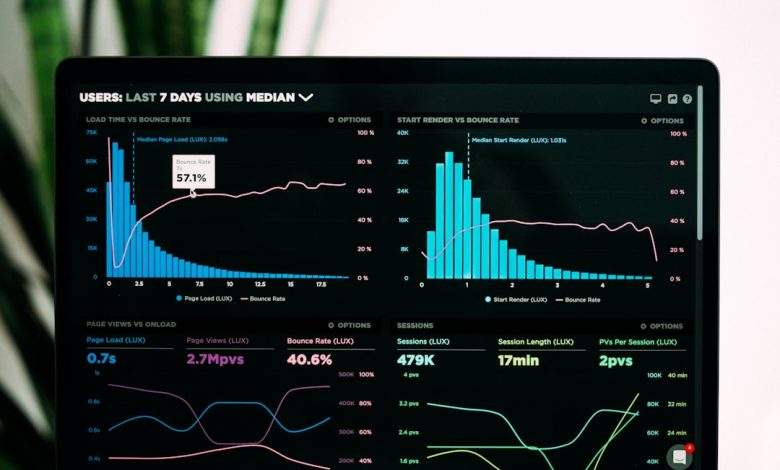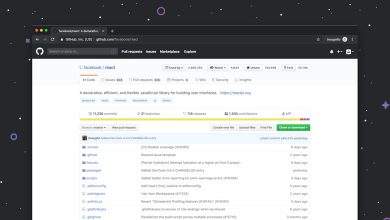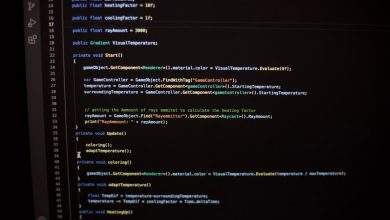
How does the level of server monitoring and security measures provided by a hosting provider impact the decision on the best hosting service?
Choosing the best hosting service for your website or application involves a multitude of factors, and one of the most critical among them is the level of server monitoring and security measures offered by the hosting provider. In an era where cyber threats are increasingly sophisticated and frequent, ensuring robust protection and continuous performance monitoring is not just a luxury—it’s a necessity.
Hosting services are the backbone of any online presence. Poor security or unreliable servers can lead to downtime, data breaches, reputational damage, and significant financial losses. As such, the extent and quality of server monitoring and security protocols can heavily influence the decision of which hosting provider to trust.
1. The Importance of Continuous Server Monitoring
Server monitoring refers to the continuous scrutiny of a server’s resources, processes, and overall health. A high-quality hosting provider will monitor:
- CPU and memory usage
- Disk space
- Network traffic
- Uptime and responsiveness
This constant oversight allows for proactive troubleshooting. For businesses, it means that issues such as slow load times or server downtime can be addressed before they negatively impact users or revenue.
Low-tier hosting providers may offer only minimal monitoring, meaning critical issues could go unnoticed for hours. On the other hand, premium providers typically implement real-time alert systems and 24/7 operational oversight, which can drastically reduce downtime and maintain performance.
[ai-img]server monitoring, analytics, datacenter[/ai-img]2. The Weight of Security Measures in Hosting Decisions
Security is perhaps the most compelling reason to scrutinize a hosting provider. Cyberattacks are more frequent and sophisticated than ever. A reliable hosting provider should offer robust built-in security features, including:
- Firewall protection: To block unauthorized access attempts
- DDoS mitigation: To defend against distributed denial-of-service attacks
- Regular malware scans and removal services
- SSL certificates: To encrypt data and ensure secure communication
- Automated backups: To restore data quickly in case of breaches or losses
Shared, VPS, and dedicated hosting plans will differ in the depth of these protections. Typically, the more advanced the plan, the greater the attention to security. This is particularly critical for eCommerce sites handling financial transactions or websites storing sensitive user data.
3. Managed vs. Unmanaged Hosting
Another aspect that impacts security and monitoring is whether the hosting plan is managed or unmanaged. In managed hosting:
- The provider handles software updates, security patches, and performance monitoring.
- There’s a dedicated team ensuring that threats are mitigated in real-time.
In contrast, unmanaged hosting places the responsibility on the user. While it provides flexibility, it requires substantial technical expertise. For organizations that lack a dedicated IT team, unmanaged hosting poses a greater security risk and often leads to unexpected downtimes.
[ai-img]cybersecurity, hosting service, firewall[/ai-img]4. Compliance and Data Protection
For businesses subject to regulatory requirements such as GDPR, HIPAA, or PCI-DSS, the hosting provider’s security capabilities are even more crucial. The right hosting service must offer features like data encryption at rest and in transit, access logs, and physical data center security to align with compliance needs.
Failure to meet these standards can result in legal penalties and loss of customer trust. Therefore, business owners must evaluate whether potential hosting providers support the regulatory compliance relevant to their industry.
5. Making the Right Choice
When evaluating hosting providers, it’s important not to base the decision solely on price or bandwidth limits. A low-cost host might cut corners on critical monitoring and security functions, leaving your website exposed. Instead, consider:
- What kind of proactive monitoring tools are in place?
- How often are security patches and updates applied?
- Does the provider offer 24/7 technical support?
- Are backups frequent and easily restorable?
Reading independent reviews, comparing SLAs (Service Level Agreements), and requesting detailed security documentation from potential providers can help ensure a well-informed decision.
Conclusion
The level of server monitoring and the depth of security measures are not just technical specifications—they are vital components that directly impact the safety, speed, and reliability of your digital operations. In today’s threat landscape, choosing a hosting provider with advanced monitoring systems and robust security architecture is essential for protecting your investment and ensuring uninterrupted service.
A serious approach to hosting begins with acknowledging that performance and protection are inseparable. In assessing the best hosting provider, prioritize those who demonstrate vigilance, transparency, and a commitment to cutting-edge security and monitoring protocols.



